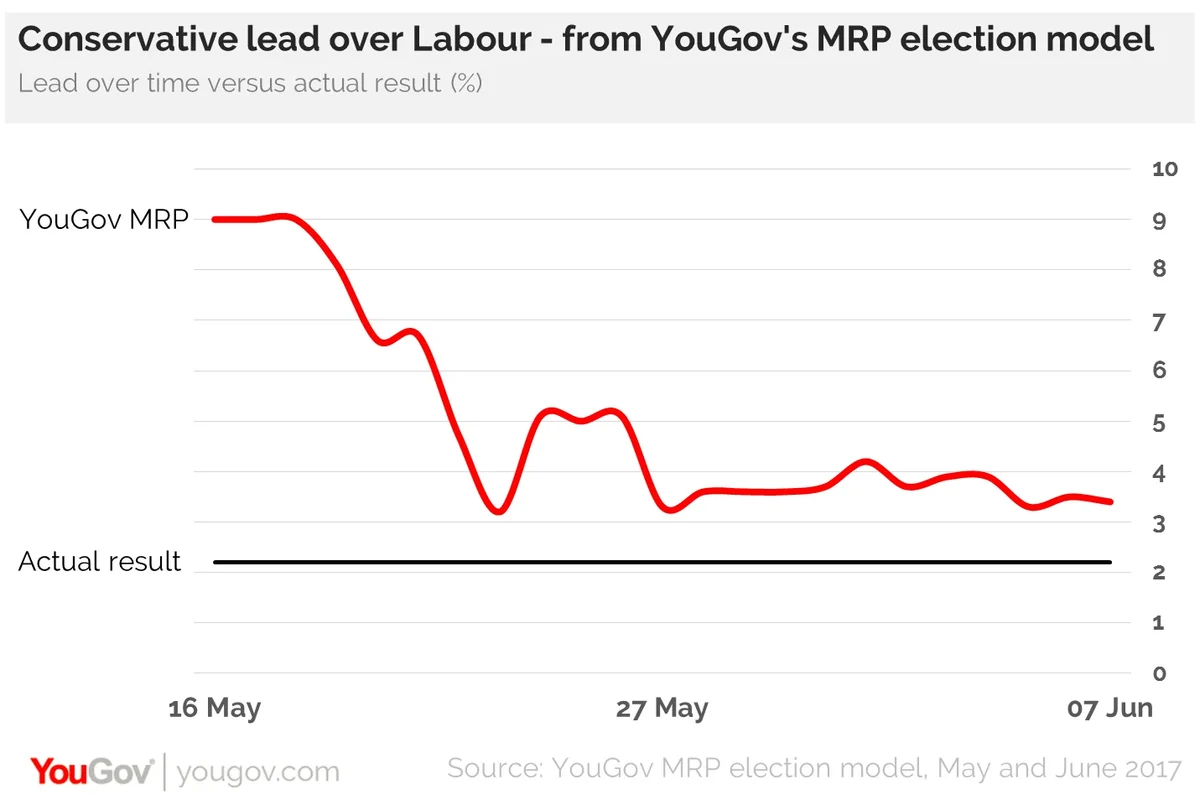As the dust of the general election settles, many commentators are still stating they didn’t see it coming. But we did.
By using our unparalleled panel and sophisticated data analytics, we created an election model using an advanced statistical technique called MRP (which stands for multilevel regression with post-stratification). We showed at the end of last month that the UK was heading for a hung parliament.

MRP is based on the fact that similar people act in similar ways, irrespective of exactly where they live, and it allows us to paint a much more detailed picture with our data. We assess everything we know about the human make-up of a particular place and match individuals from our panel with the types of people that live there.
In the election, for example, if 1% of people in a particular constituency were female graduates in their thirties on lower quartile income, we looked at the voting intention of all such people in our panel and applied them to that seat (taking account of some specific regional or other differences that we know about).
This means we built up a detailed portrait of a constituency based on a small number in that actual seat. By doing this across each of the 632 constituencies in Britain we built up a map of the overall race and correctly called 93% of the seats – including some that nobody else believed would change hands, such as Canterbury and Kensington.
Our approach to data is valuable not just across politics but can also be applied to a huge variety of other measures of attitudes and behaviour crucial to both brands and investors. Just as we used it to work out how Canterbury voted, we can also use it to understand what people want from their council, what influences their grocery shopping or how they react to different types of advertising.
As the success of our election model shows, MRP is revolutionising research. It is transforming our understanding of people – whether they are voters, citizens, members, consumers or customers – and how they behave. And if there is another election in the autumn, we will get to do it all over again.
Image PA








